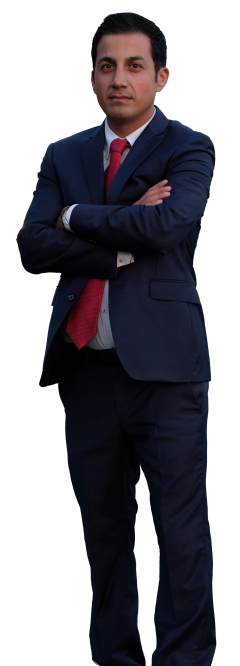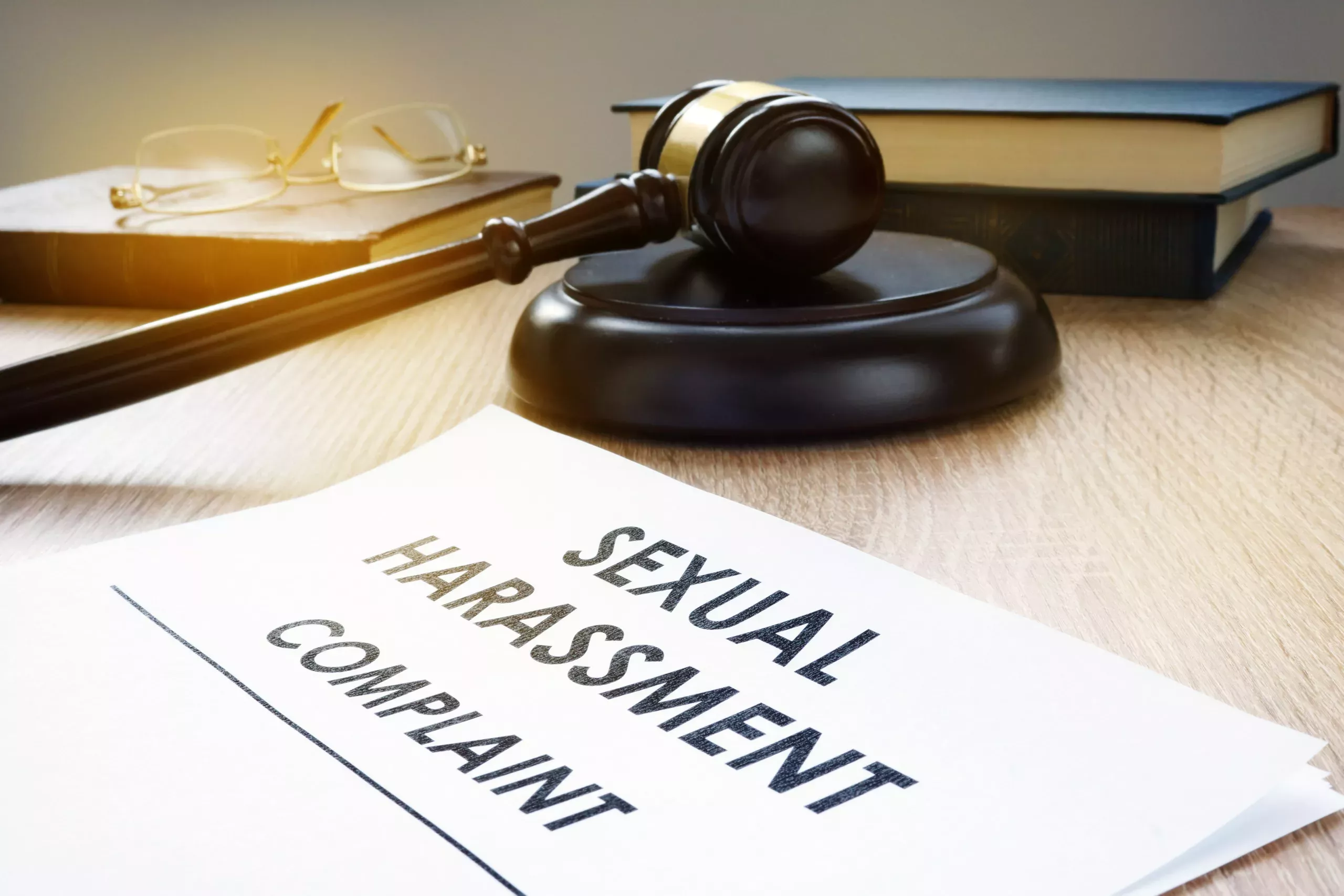Your Rights Under California State Laws Protecting Pregnant Workers
California state law prohibits employers from harassing or discriminating against any employee or job applicant because of pregnancy, childbirth or any related medical condition.

California employers are also barred by state law from interfering with an employee’s pregnancy-related employment rights, including the right to take pregnancy disability leave or baby-bonding leave, and the right to reasonable time and facilities necessary to express breast milk in the workplace while your child is breastfeeding.
If you have been harassed or discriminated against in the workplace due to pregnancy, childbirth or a related medical condition, California’s Fair Employment and Housing Act (Govt. Code § 12940), also called the “FEHA,” may give you the right to file a civil lawsuit for monetary damages against your employer. Additional California state laws, including the California Family Rights Act, or “CFRA,” may also give you the right to sue your employer for violation of other pregnancy-related employment rights.
If you have experienced harassment, discrimination or denial of employment rights in the workplace based on your pregnancy, a recent childbirth or any related medical condition, it is important to act quickly, as your time to pursue your civil remedies in court is limited. California law requires claims for employment harassment, discrimination, failure to accommodate a disability and other related causes of action to be filed within three (3) years of the offending conduct, and other, shorter administrative deadlines also may apply in your particular case.
What Protections Does the FEHA Provide Relating to Pregancy, Childbirth and Related Medical Conditions?
Broadly speaking, the FEHA and related provisions of California’s Labor Code require California employers to:
-
Provide reasonable accommodations for an employee’s disability relating to pregnancy, childbirth or related medical conditions, including but not limited to temporary transfer to a less strenuous or hazardous position, temporary modification of work duties, providing seating accommodations, allowing time off to attend medical appointments, and allowing for more frequent time off or more frequent rest periods at work;
-
Provide reasonable accommodations for an employee’s disability relating to pregnancy, childbirth or related medical conditions, including but not limited to temporary transfer to a less strenuous or hazardous position, temporary modification of work duties, providing seating accommodations, allowing time off to attend medical appointments, and allowing for more frequent time off or more frequent rest periods at work;
-
Provide up to four (4) months of job-protected pregnancy disability leave (“PDL”) time;
-
Restore an employee returning from pregnancy disability leave to the same (or in some instances, a comparable) position when no longer disabled by pregnancy, childbirth or a related medical condition; and
-
Provide a reasonable amount of time and use of a suitable private room or other location close to an employee’s work area to allow for a breastfeeding employee to express breast milk.
Because pregnancy, childbirth, breastfeeding and related medical conditions are included within the FEHA’s definition of “sex” as a protected category, the FEHA also makes it unlawful for California employers to discriminate against or harass an employee or job applicant because they are pregnant, have recently given birth, are breastfeeding, or are suffering from a related medical condition.
What Is Pregnancy Disability Leave, and Who Qualifies for It?
Any employee – whether newly hired, part-time, or full-time – who, in the opinion of her treating physician, is unable to perform one or more essential functions of her job due to pregnancy, childbirth or a related medical condition is eligible for Pregnancy Disability Leave.
A wide variety of pregnancy and/or childbirth-related medical conditions may interfere with an employee’s ability to perform essential job functions, such as:
-
Severe morning sickness or hyperemesis;
-
Preeclampsia
-
Pregancy-related (“gestational”) diabetes or hypertension;
-
Severe dehydration;
-
Back pain and impairment; and
-
A physician’s recommendation for bed rest.
Miscarriage, emotional and mental health problems caused by miscarriage, and post-partum depression which interfere with an employee’s ability to perform essential job functions also qualify as disabling conditions eligible for Pregnancy Disability Leave.
Pregnancy Disability Leave is job-protected, which means your employer must return you to the same or a comparable position at the end of your leave time. The amount of Pregnancy Disability Leave time for which you may be eligible depends on the length of time your physician determines you to be disabled as a result of your pregnancy, childbirth or related medical condition, up to a maximum of four (4) months. Pregnancy Disability Leave time may be taken all at once or in increments, depending on what your physician determines is medically necessary. Your employer must continue to maintain any medical insurance coverage and other health-related benefits you receive throughout your Pregnancy Disability Leave.
California employers are not legally required to pay employees for Pregnancy Disability Leave time, but you may be eligible for compensation for temporary disability leave (if your employer offers it) or through California’s Short-Term Disability Insurance (“SDI”) Program. You may also be able to use accrued and available sick leave, vacation or other paid time-off (“PTO”) to provide partial replacement income during your Pregnancy Disability Leave.
What Are My Rights Relating to Post-Childbirth Leave Time?
Any eligible employee – whether male, female, trans or nonbinary – who has a new child by birth, adoption, or foster placement may take up to twelve (12) weeks of CFRA baby bonding leave time.
To be eligible for CFRA family leave time, you must:
-
Have worked for your employer for more than twelve (12) months; and
-
Have worked at least 1,250 hours for that employer in the last twelve (12) month period before taking CFRA leave.
You may request to take your CFRA baby bonding leave time in increments over the course of up to a year after your child is born, adopted or placed in your foster care, with the limitation that your employer may require that only two (2) of these increments are shorter than two (2) weeks.
Just like Pregnancy Disability Leave, CFRA family leave time is job-protected, which means your employer must return you to the same or a comparable position at the conclusion of your CFRA family leave period. Your employer must continue to maintain any medical insurance coverage and other health-related benefits you receive throughout your CFRA family leave.
CFRA family leave time is unpaid, but your employer may provide paid baby-bonding leave time as an employment benefit; check with your Human Resources Department to find out if your employer has such a program, and whether you are eligible. If your employer does not offer paid baby bonding leave time, you may be eligible for benefits during your leave through the Employment Development Department’s (“EDD”) Paid Family Leave Program or for compensation through California’s Short-Term Disability Insurance (“SDI”) Program. You may also be able (or even required) to use accrued and available sick leave, vacation or other paid time-off (“PTO”) to provide partial replacement income during your Pregnancy Disability Leave.
What if My Employer Retaliates Against Me for Reporting Violations of My Rights Due to Pregnancy, Childbirth or a Related Medical Condition?
-
Retaliate against any worker or job applicant for reporting or complaining about employment discrimination or harassment based on pregnancy, childbirth, or a related medical condition;
-
Fire, demote, suspend, or otherwise subject any employee to negative employment consequences because he or she made a good faith report or complaint about prohibited discrimination or harassment based on a protected category or characteristic, including pregnancy, childbirth, or a related medical condition;
-
Refuse to hire a job applicant for reporting or complaining about discrimination or harassment based on pregnancy, childbirth or a related medical condition;
-
Retaliate against any employee for exercising their right to take Pregnancy Disability Leave and/or CFRA baby-bonding leave time;
-
Retaliate against any employee for requesting and/or receiving reasonable accommodations for a pregnancy or childbirth-related disability or serious medical condition.
If you have been the victim of harassment, discrimination or retaliation based on pregnancy, childbirth or a related medical condition and are concerned about the consequences of reporting it, we can assist you with the process of notifying your employer of any misconduct, taking steps to minimize the possibility of additional retaliation, and if need be, pursuing your legal remedies in court.
Contact Labor Law PC for a Free Consultation
Danny Yadidsion and his experienced team of lawyers at Labor Law PC are dedicated to protecting the rights of California workers and ensuring that their voices are heard. If you have experienced employment discrimination based on a protected category or characteristic, whether as an employee, an independent contractor, or a job applicant, we can assist you. Our attorneys value and respect your privacy, and will work tirelessly to help you get the justice that you deserve.
Call us today at (877) 77-LABOR for a free consultation.







